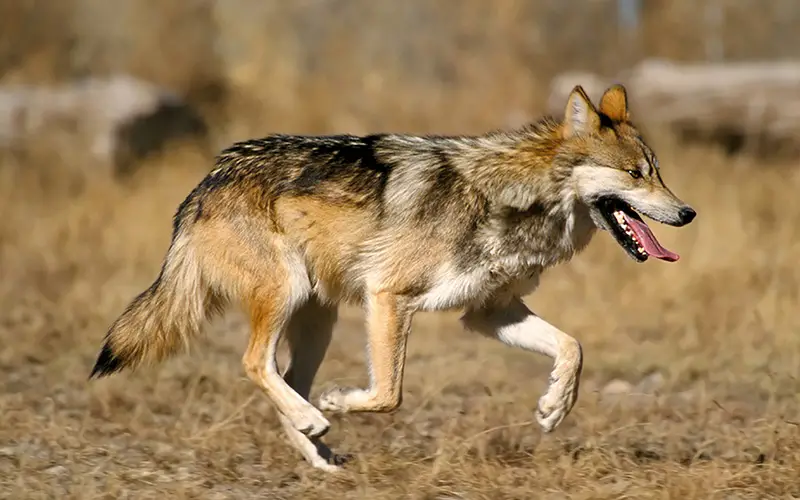On Wednesday, January 25th, environmentalists protested the U.S. government’s plans to transfer an endangered Mexican gray wolf captured in New Mexico to Mexico, saying it should be allowed to roam free and repopulate the Rockies.
The she-wolf, named Asha by schoolchildren, was captured near Taos, New Mexico, on Sunday after heading further north than any other Mexican wolf recorded since the species’ 1998 reintroduction after near extinction.
The U.S. Fish and Wildlife Service (USFWS) said its policy was to capture and transfer the wolves once they left a recovery area and trekked north of I40, the interstate highway running through the upper half of New Mexico.

Environmentalists said the wolves needed to enter historic habitats north of I40 like the Grand Canyon and Southern Rockies for their U.S. population to further recover from a current level of around 200 in the wild.
Ranchers have long complained the wolves eat their livestock and endanger their livelihoods. The species’ recovery has been hampered by hundreds of illegal and legal killings, the Sierra Club says.
“The Fish and Wildlife Service has pledged, by regulation, to remove all wolves north of Interstate 40, on behalf of the livestock industry,” said Michael Robinson, senior conservation advocate with the Center for Biological Diversity.
The tagged wolf left her pack in late 2022 and was tracked north, making it within 50 miles (81 km) of the Colorado border before being apprehended by staff on a helicopter.
“As it is breeding season and there are no other known wolves in the area, there was a high likelihood of a negative interaction or breeding with domestic dogs,” USFWS said in a statement.
Asha will be held at a facility south of Albuquerque before being paired with a male Mexican wolf and transferred as a pair to Mexico later this year, USFWS said.
Source: FWS






